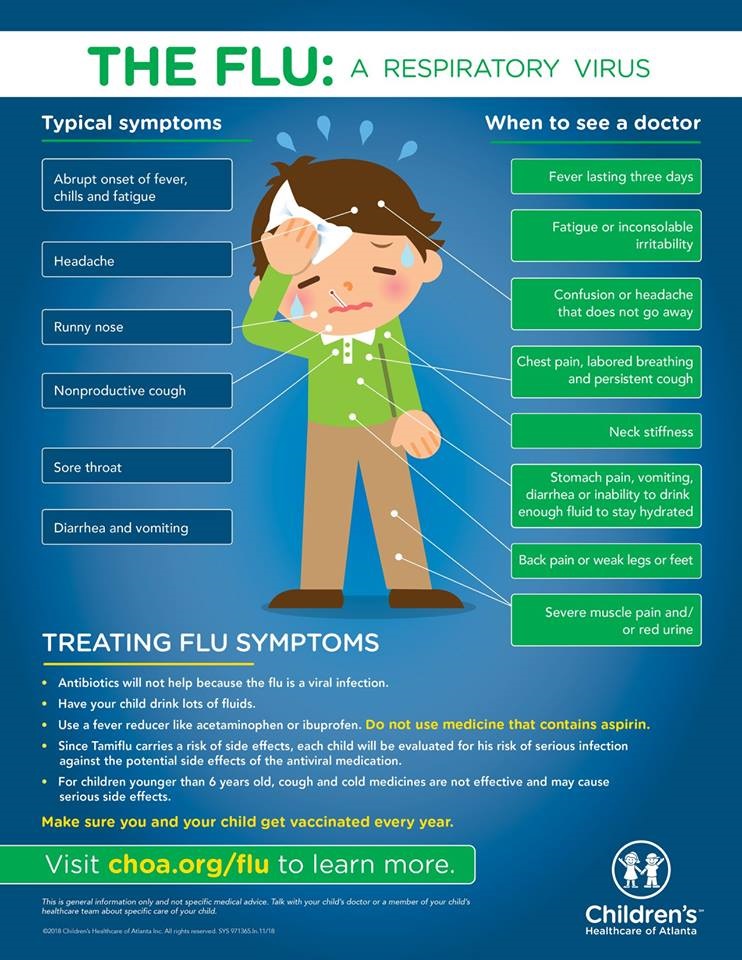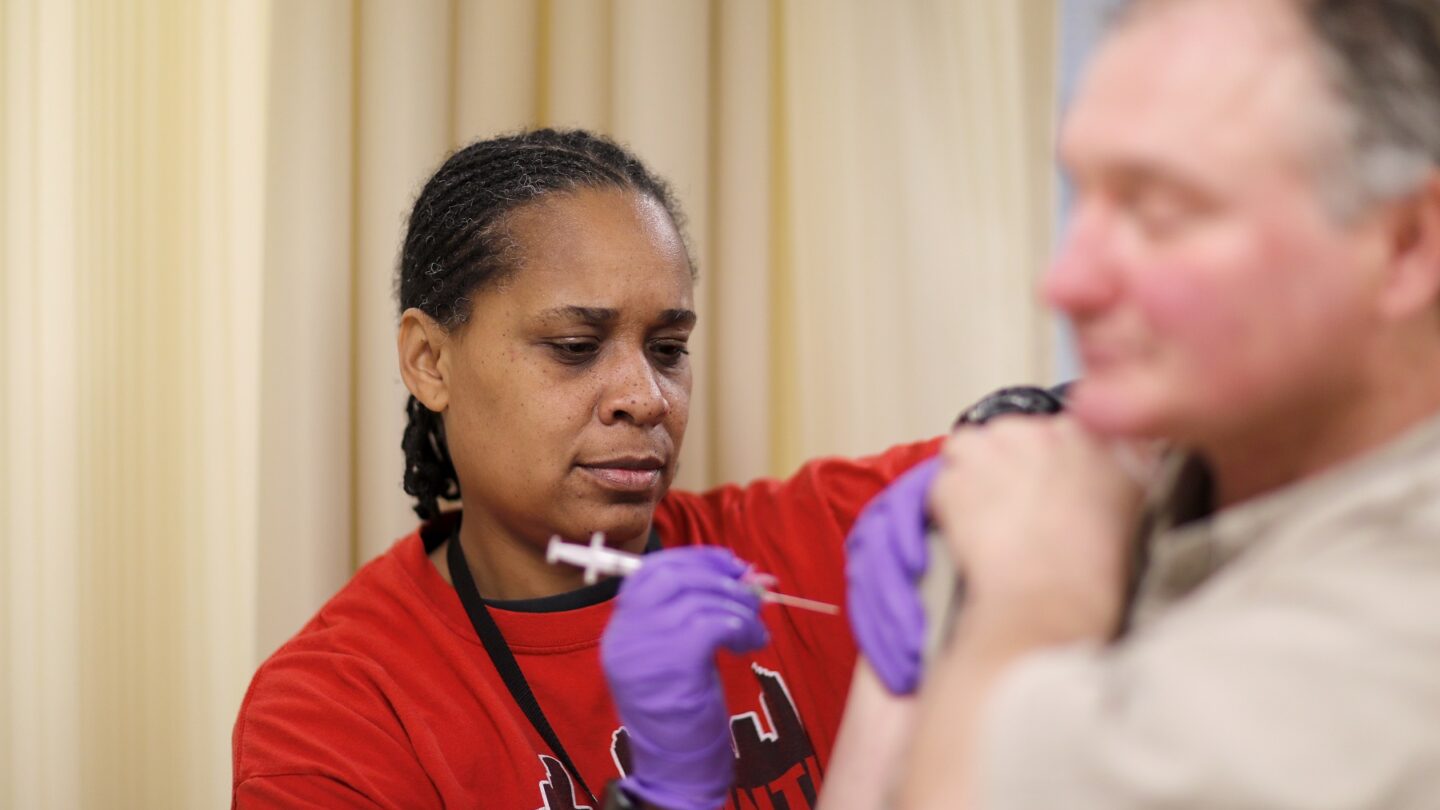The most recent Centers for Disease Control and Prevention national data showed Georgia had the highest level of flu activity in the United States.
The state’s level of influenza-like illness was reported as “High’’ in the report of the week ending Dec. 8. That was the most activity for any state, according to the agency’s map.
There have been four flu-associated deaths in the state since the beginning of disease tracking Sept. 30, the Georgia Department of Public Health said. One of those who died was a child, and the other three were 65 or older.
Metro Atlanta has seen 159 flu hospitalizations over the tracking period.
“Flu activity has been high in Georgia for the past three weeks,’’ Nancy Nydam, a Public Health spokeswoman, said Wednesday. “We are (and have been) above the national baseline, so there is plenty of flu circulating in Georgia.’’
Children’s Healthcare of Atlanta said Wednesday that it’s seeing an increase in flu and respiratory cases resulting in high patient volumes.
The Georgia chapter of the American Academy of Pediatrics said that pediatricians in the Savannah and metro Atlanta areas have seen many children with flu.
The data on disease prevalence come after an especially brutal flu season a year ago.
Last winter’s flu season was the deadliest in at least four decades, the CDC said, with an estimated 80,000 deaths in the nation.
In Georgia, there were 155 confirmed influenza-associated deaths reported last flu season, the state Department of Public Health said. That figure may be lower than the actual number because not everyone who dies has been tested for flu, the state agency said. And Public Health added that it may not have been notified of all deaths. Of the reported Georgia deaths, 109 were among people 65 or older.
The CDC recommends a yearly flu shot for everyone 6 months old or older.
Among Public Health recommendations:
- Stay home from work or school if you’re sick, so you don’t spread the flu. Before returning to school or work, flu sufferers should be free of fever (without the use of a fever reducer) for at least 24 hours.
- If your doctor prescribes antivirals, take them.
- If you’re not sick, stay away from people who are.
- Wash your hands thoroughly and frequently to help guard against the flu. If soap and water are not accessible, the next best thing is to use alcohol-based sanitizing gels.
- Cover the nose and mouth when coughing and sneezing to help prevent the spread of the flu. Use a tissue, or cough or sneeze into the crook of the elbow or arm.
- Avoid touching your face, as flu germs can get into the body through mucus membranes of the nose, mouth and eyes.

Andy Miller is editor and CEO of Georgia Health News








